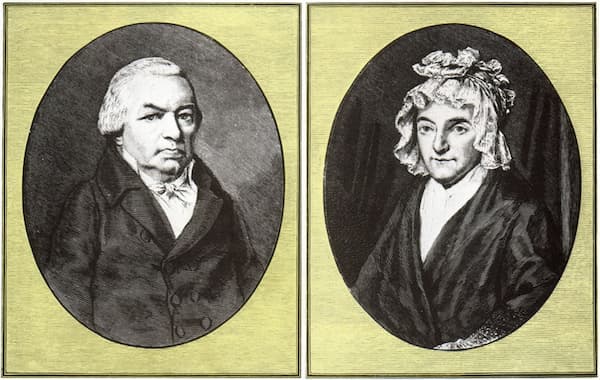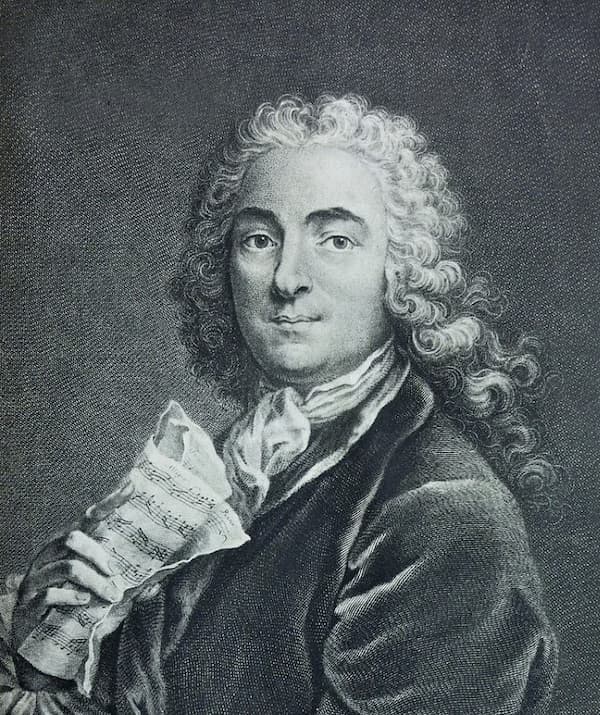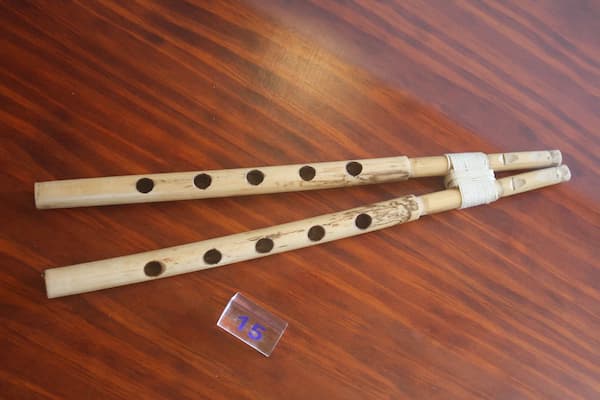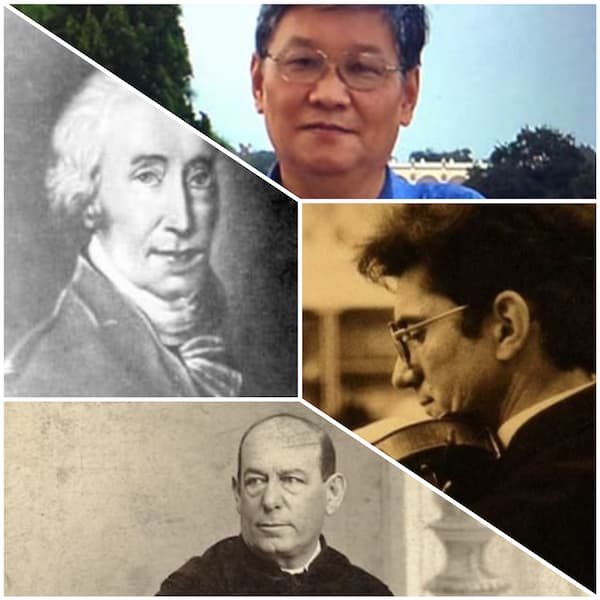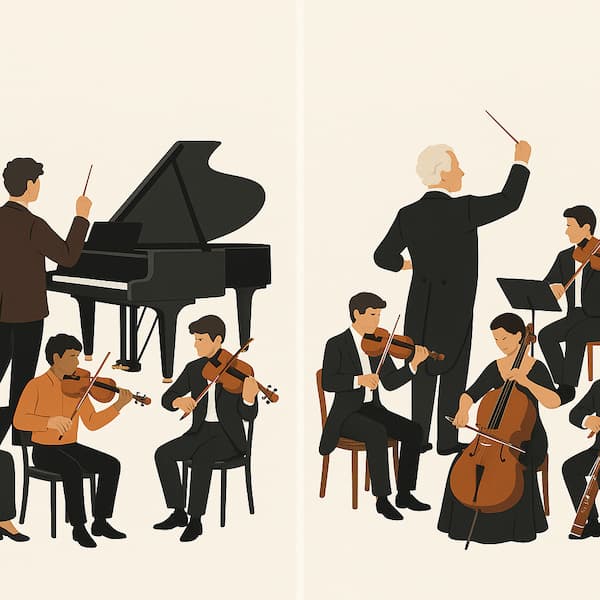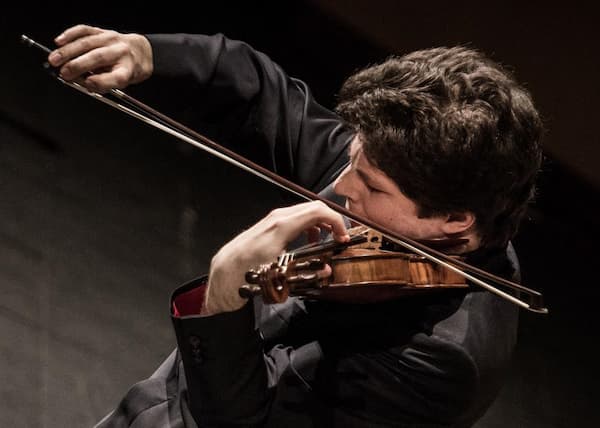From the time the piano became a popular instrument in the mid-eighteenth century, thousands of accomplished women pianists have taken to the stage. So many women have done so that it’s impossible to make an objective list of the ten
Blogs
Countless musicians have composed music, but only a tiny handful have become canonized greats. What might these individuals with vastly different backgrounds share in common? Today, we’re looking at the backgrounds of fifteen beloved composers, from Johann Sebastian Bach (born
On 15 June, in some parts of the world, we honour a true superhero. He doesn’t wear a cape, and he’s bravely fought off monsters, mostly spiders. Father’s Day honours a hero who never misses a chance to say, “Money
Pachelbel’s Canon in D is one of the most recognisable pieces of classical music ever written, heard in countless films, on streaming playlists, and at weddings. But the Canon wasn’t always so famous. For generations, it languished in obscurity, just
Human beings are endlessly creative: for at least 60,000 years, we’ve been finding weird and wonderful ways to make sound. Learn about some of these lesser-known sonic devices, delving into realms of history, culture, and myth. The Aulos The aulos
Today, we’re looking at the lives and last performances of four violinists who died onstage, sharing their incredible talents up until the very last moments of their lives. Ede Reményi (1828/30-1898) Ede Reményi was born sometime between 1828 and 1830
Western classical music evolved through time with predefined structures; from the prelude and fugue of Baroque, to the concerto, sonata and symphony of the Classical, including the opera and the mass, as well as etudes, partitas, theme & variations and
Augustin Hadelich is one of the greatest violinists of his generation. Today, we’re looking at five of his most popular performances on YouTube. We’re also looking at each video’s heatmap, a graphic that appears when you hover over a video’s


